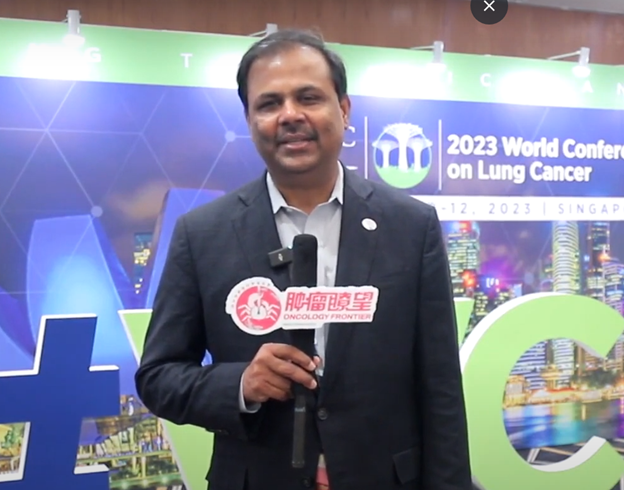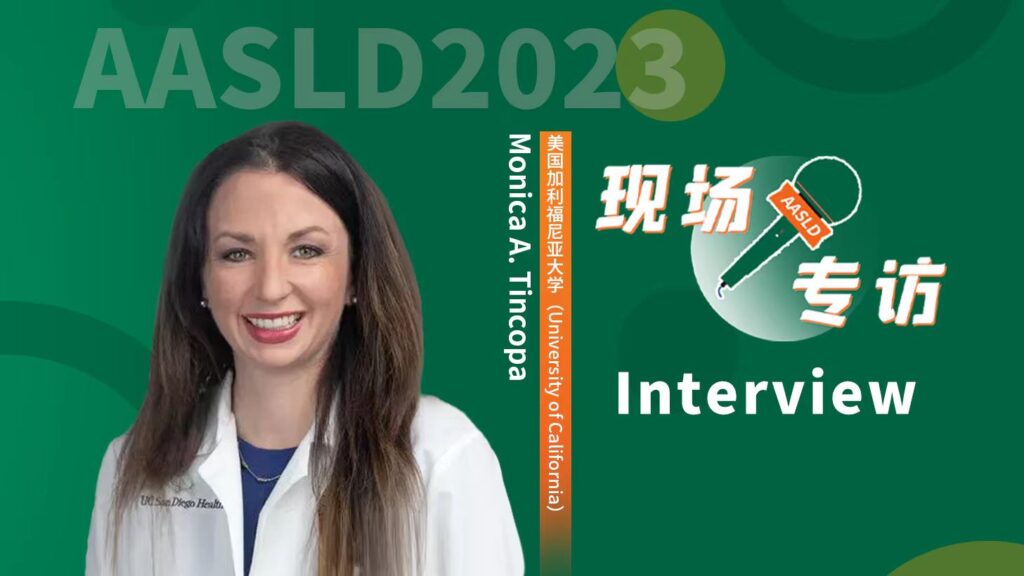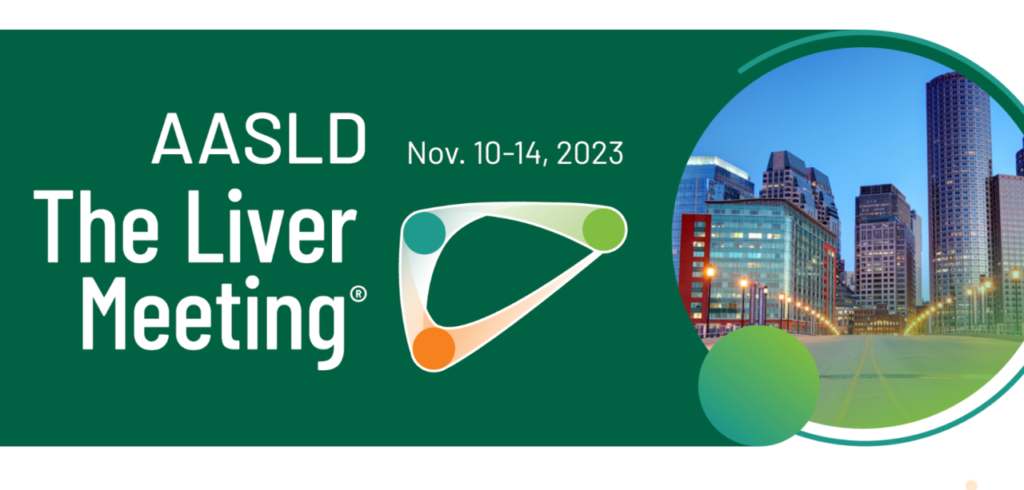2024 CSCO Guidelines Conference | Prof. Dingwei Ye: Keeping Up with the Times, Serving Clinical Practice with a Prostate Cancer Guideline with Chinese Characteristics
Prostate cancer is the most common malignant tumor of the male urinary reproductive system. Compared to developed countries, China has a higher proportion of late-stage prostate cancer patients at diagnosis, resulting in poorer prognosis. In recent years, there have been rapid advancements in prostate cancer research. Therefore, developing diagnosis and treatment guidelines tailored to China based on the latest evidence-based medicine is crucial for the early diagnosis, treatment, and prognosis of Chinese prostate cancer patients. As the 2024 CSCO Guidelines Conference approaches, "Oncology Frontier" invited Prof. Dingwei Ye, Chair of the CSCO Prostate Cancer Committee and a professor at Fudan University Cancer Hospital, to discuss the guidelines.










